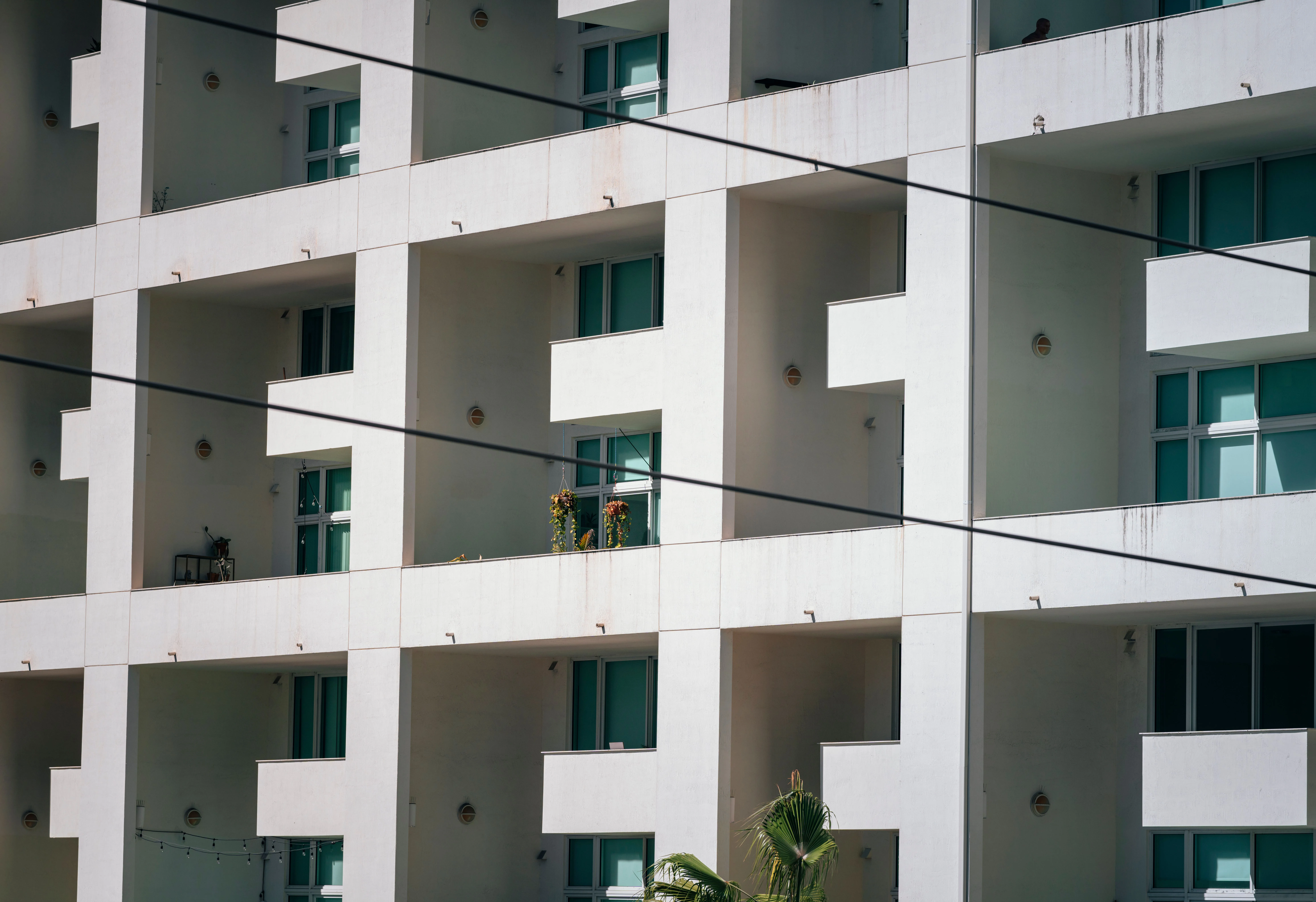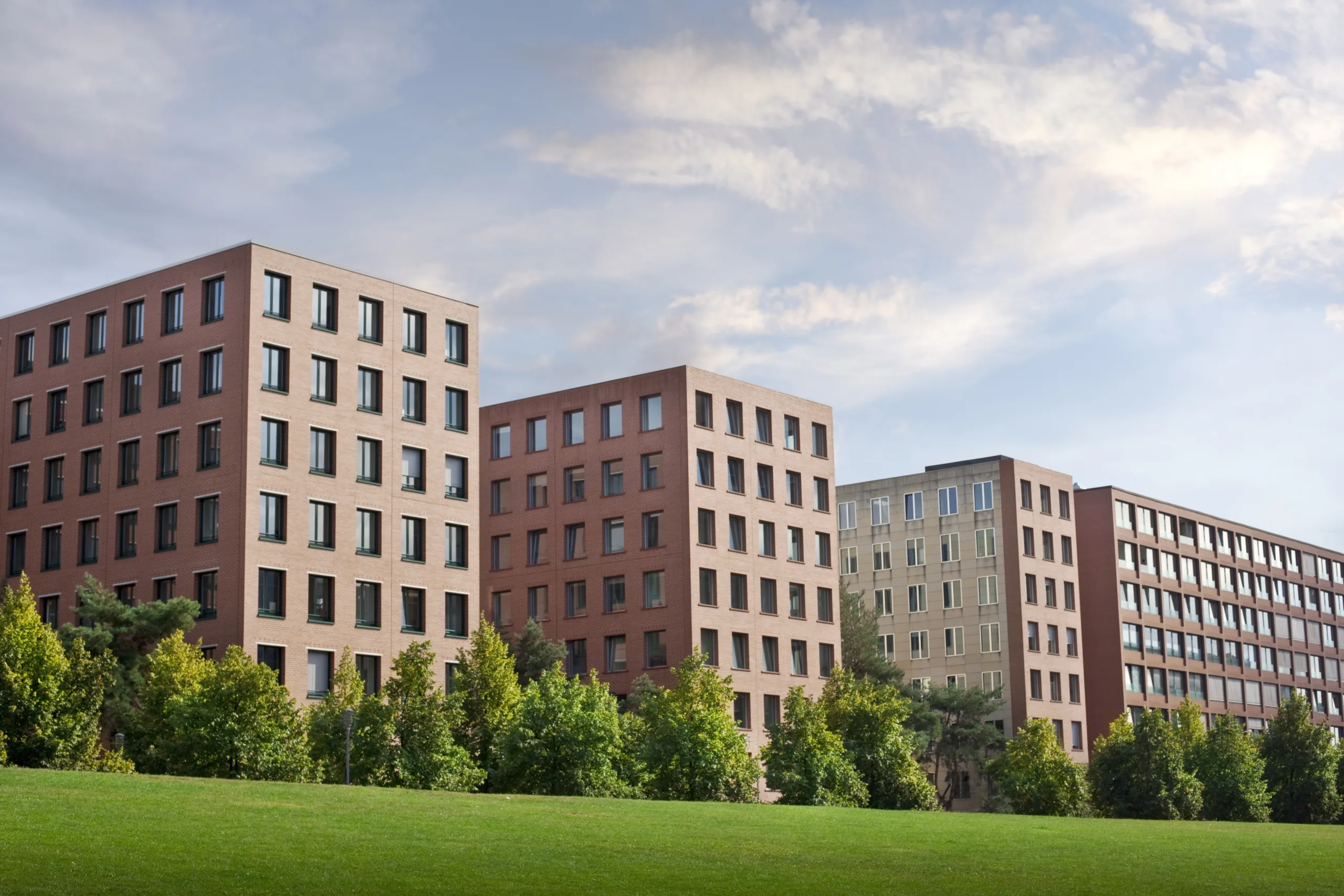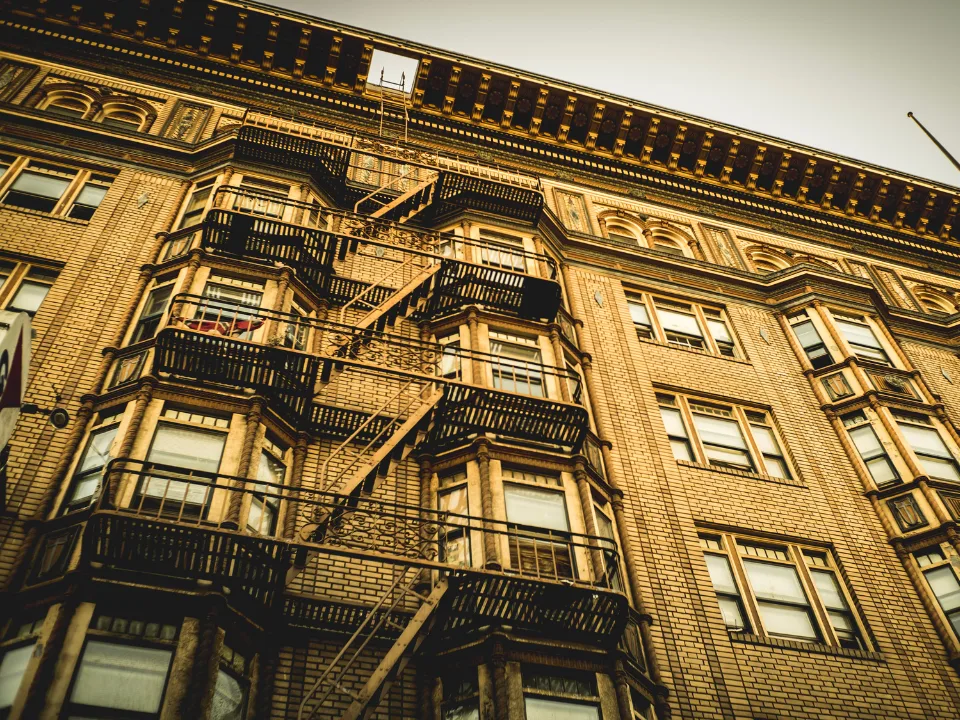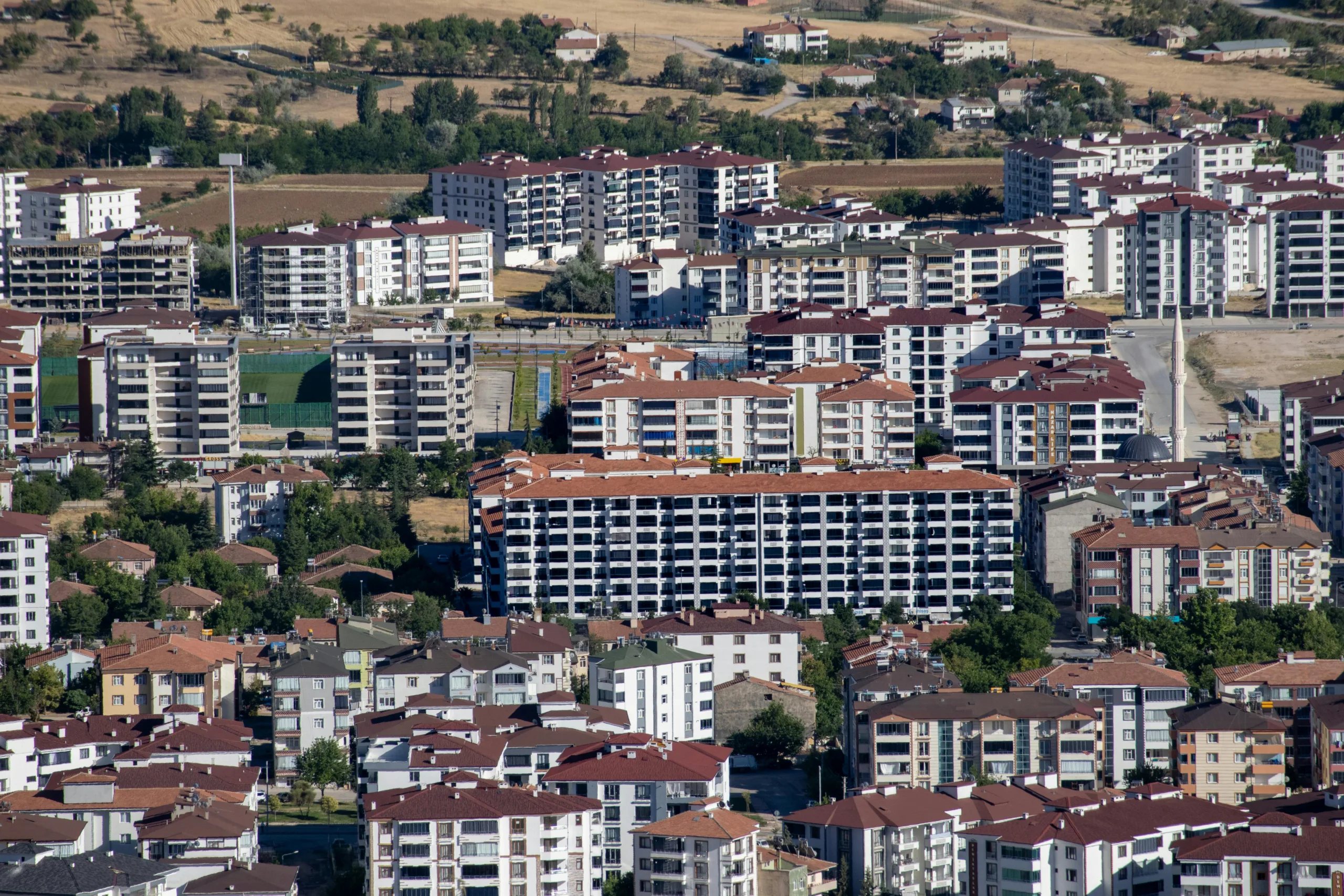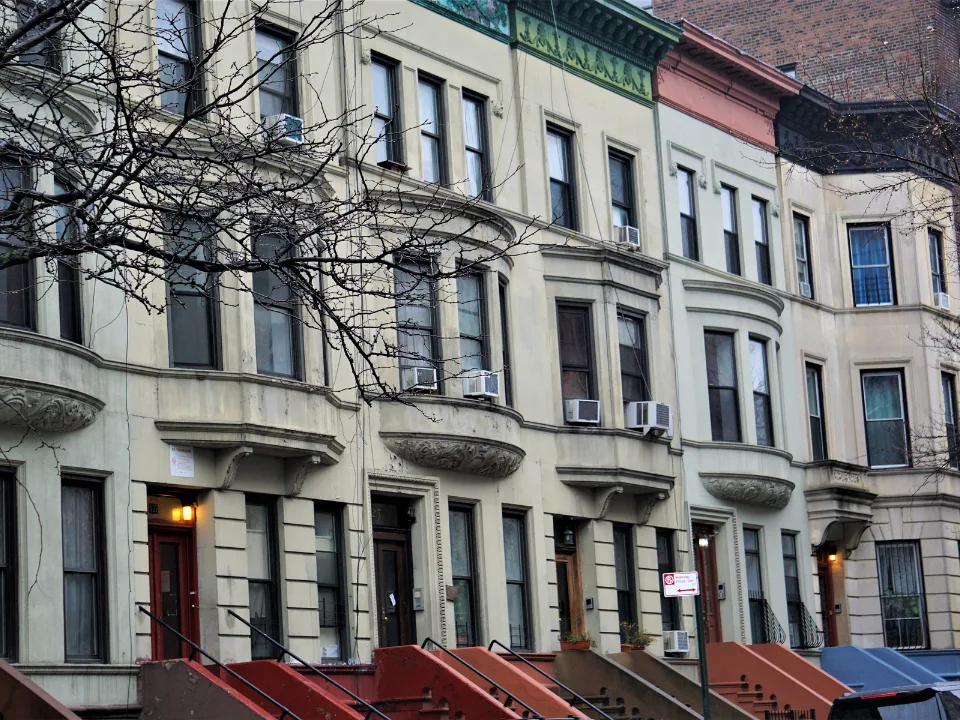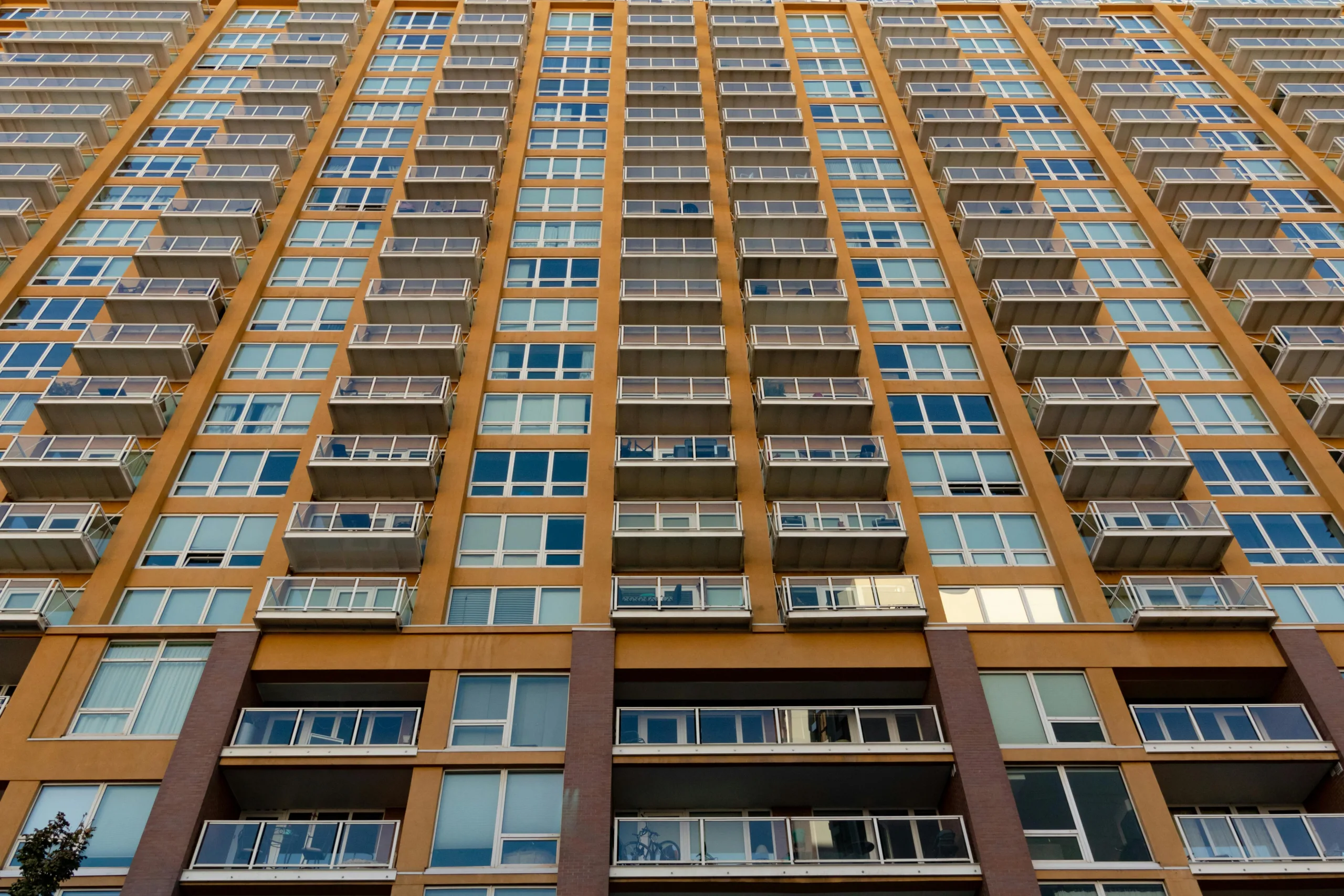- New Rochelle has added over 4,500 housing units in the past decade, with plans for 6,500 more—growing its apartment stock by 37%.
- A streamlined approval process, developer incentives, and zoning reforms have made it easier and faster to build.
- Rents in New Rochelle have stayed nearly flat since 2020, in sharp contrast to soaring rates in nearby metro areas like NYC, Hoboken, and Jersey City.
A Suburb That’s Saying Yes
In the middle of a nationwide housing shortage, the city of New Rochelle is doing what few others can—sustainably increasing its housing supply and easing rent pressure. Located about 40 minutes by train from Midtown Manhattan, the suburb of 85,000 is embracing development, not fighting it.
According to the WSJ, since 2015, the city has added over 4,500 new units and expects to bring another 6,500 online in the coming years. Officials estimate the combined 11,000 units will boost the city’s apartment inventory by more than a third over a ten-year span.
Building Made Simple
Unlike many municipalities bogged down by NIMBYism and regulatory hurdles, New Rochelle implemented a developer-friendly playbook. The city streamlined environmental reviews, standardized zoning codes, and guaranteed a 90-day approval timeline for qualifying projects.
In 2015, New Rochelle tapped RXR as its master developer to help overhaul downtown. The firm’s plan was greenlit within a year—far faster than typical New York metro timelines that can take over a decade. Since then, RXR has invested $1B and opened several high-rise towers like One Clinton Park, which is 92% leased.
It’s Working
Median rents in New Rochelle have only risen 1.6% since 2020—far below the 25%+ spikes seen in NYC and parts of New Jersey. From 2020 to 2023, rents in the city actually fell by 2%, while national rents surged by double digits.
With rents ranging from $2,000 for a studio to $8,000 for a three-bedroom, many former New Yorkers are relocating for more space and amenities at a better price point.
Get Smarter about what matters in CRE
Stay ahead of trends in commercial real estate with CRE Daily – the free newsletter delivering everything you need to start your day in just 5-minutes
Some Pushback, But Progress Prevails
As expected, not everyone is thrilled. Longtime residents cite construction noise, limited parking, and concerns that newcomers aren’t integrating into the community. Local opposition groups argue that rapid development has brought growing pains and social friction.
Still, city leaders say the benefits outweigh the challenges. Developer fees have funded infrastructure upgrades, food assistance, and homeownership programs. At least 10% of new units are reserved as affordable housing, and the city is even exploring selective rent control.
A Model for Others?
New Rochelle’s success is being noticed. As housing costs skyrocket nationwide, states like California and Oregon are loosening regulations to speed up development. At the federal level, a bipartisan housing package is advancing with similar pro-growth policies.
The takeaway: when cities clear a path for development, private investment—and lower rents—can follow.
What’s Next
With $2.5B in new development already shaping its skyline, New Rochelle is positioning itself as a blueprint for suburban housing policy. As housing pressures mount in metro areas nationwide, expect more cities to study—and possibly replicate—its playbook.
